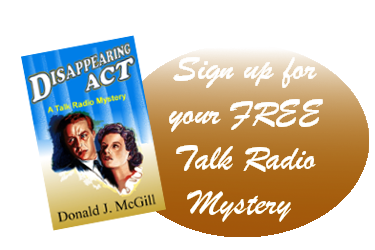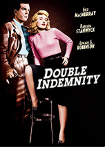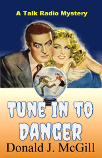Is it better to read the book before seeing the film or will you enjoy both more if you see the movie first?
Does a great book make a great film? Does knowing the ending ruin one or the other? Or are they two different art forms with little impact on each other?
Let's look at some book to movie adaptations and if you haven't read the book or seen the movie, try to decide which should come first.”
Where do you get your ideas?
What genre do you think your books fall in to?
Describe your writing process...
Where do you write? What do you use? Pen and ink? Gentle music?
Where do you most often find yourself writing?”
(and not so famous) quotes come from?
Can you recognize these quotes from detective, mystery and criminous tales? Take the test. If you fail, you'll need to go back and re-read the source. But if you recognize the quote and maybe who said it, send me a note to establish bragging rights. Then you should go back and and re-read the story too. Enjoy!
Give this one a try—
“How could I have known that murder could sometimes smell like honeysuckle?”
So says insurance salesman Walter Neff after a rendevous with the aluring second wife of a well-off businessman in the classic 1944 film noir, Double Indemnity. As Neff, played against type by Fred MacMurray, describes it to Phyllis Dietrichson (a treacherous Barbara Stanwyck), "We were talking about automobile insurance, only you were thinking about murder. And I was thinking about that anklet."
The original James M. Cain hard-boiled novel itself had plenty of quotable quotes, such as when Walter Neff says, "I loved her like a rabbit loves a rattlesnake." You know what he means.
The book was co-written for the big screen by the dream team of director Billy Wilder and novelist Raymond Chandler, and it crackles with great, over-the-top dialog, most of which, including the honeysuckle line, wasn't in Cain's original. I bet he cried all the way to the bank.
The book and the film have the same basic plot with a few dozen changes or so, but each stands on its own, taking nothing away from the pleasure of reading or viewing the other. And in the end, in both the novel and the movie, Neff neatly sums it up: "I had killed a man, for money and a woman. I didn't have the money…and I didn't have the woman."
“I sipped the drink. The old man licked his lips watching me, over and over again, drawing one lip slowly across the other with a funereal absorption, like an undertaker dry-washing his hands.”
Phillip Marlowe observing the elderly, ill General Sternwood at the beginning of Raymond Chandler’s 1939 novel, The Big Sleep. They are meeting in the General’s “wet, steamy” greenhouse, “larded with the cloying smell of tropical orchids in bloom...with nasty meaty leaves and stalks like the newly washed fingers of dead men.”
The Big Sleep put Chandler on the map and patented Marlowe’s expressive first-person narrative. One of the truly great detective stories with a wonderful 1946 Bogart-Bacall movie adaptation directed by Howard Hawks.
“They say all the world loves a lover—apply that saying to murder and you have an even more infallible truth. No one can fail to be interested in a murder.”

The Reverend Leonard Clement thinks to himself while contemplating Miss Marple’s blasé nephew Raymond West. This was in Agatha Christie’s first Miss Marple mystery, The Murder at the Vicarage published in 1930. The story is told entirely from the vicar’s first-person point of view with Jane Marple, portrayed as a neighborhood busybody, popping up here and there to solve the mystery.
The author let’s her characters espouse the occasional social issue with sentiments that seem quite up to date over eighty years later. In one scene, Haydock, the village doctor, tells Clement, “…your job deals with what we call right and wrong—and I’m not at all sure there’s any such thing. Suppose it’s all a matter of glandular secretion. Too much of one gland, too little of another—and you get your murderer…You don’t hang a man for having tuberculosis.” That last sentence would be a fabulous quote all by itself.
Have a favorite quote? Let us know...
Feedback Form from thesitewizard.com














